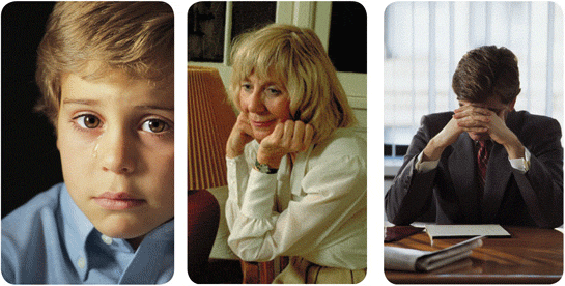Learning to survive a shipwrecked faith.
by David G. Hawkins
My wife of 50 years, Norma Jean, dies in September. She is cremated in a pressboard container “as soon as practicable after the expiration of 48 hours.”
Following the church service is the greet-and-meet reception, the “geriatrics’ cocktail hour.” A cluster of friends must divide to let through a Toby jug figure. It moves like a Sherman tank.
“Ah . . . er . . . so sorry for your loss! I did phone, yes, of course.” He stares fixedly over my shoulder. “Several times in fact,” he adds reproachfully. I don’t tell him that my answering machine is fully functional. For a moment he enfolds me in a mass of whiffy purple shirt. Then he resumes mingling.
Scrooge
Someone drives me home. I am invited to “drop in at any time for a meal.” My hopelessness makes such gestures of helpfulness impossible to accept. I am noncommittal, if not rude. For I am Charles Dickens’ Scrooge — “secret, and self-contained and solitary . . . warning all human sympathy to keep its distance. . . . ” My bed’s empty space is an insistent phantom limb pain. I hide out beyond life’s margins.
I collect the mail. A manila envelope is addressed to Norma Jean. Later, I open it. It is a comprehensive consumer questionnaire. I glance through it, foraging for food coupons. One question leaps up at me, ‘twixt sobs and chuckles, I put a tick opposite “Have you, within the past six months, changed your place of residence?”
Random thoughts
What follow are random second and subsequent thoughts. Random necessarily because I’m unable to write these in an orderly fashion.
My primary concern is that, as a minister of the Word and a steward, servant-leader, my faith is well nigh shipwrecked. “Physician, heal yourself!” I impatiently applied to myself as others, I imagined, applied it to me with some disbelief that I apparently could not apply the gospel’s healing balm to myself. I should “know better.”
Norma Jean neither “passed” nor “passed on,” neither “passed away” nor “passed ever.” She died. Our hope is resurrection, not mere immortality. Compare Socrates’ response to dying and Jesus’ reaction to it (Hebrews 5:7).
I am beginning to emerge from anhedonia (loss of pleasure in ordinary things), accept gestures of kindness instead of my hopelessness making it difficult for helpfulness to be delivered. I am less inclined to dwell on guilt (what’s past), worry (what’s present), and anxiety (what will be). I am less in a state of general bankruptcy.
I need to record that most of my colleagues in the ministry did not offer to pray with me. This is like the family physician about to make house calls without taking along his medical bag. Women generally nourished, cherished, and demonstrated initiative and a sanctified imagination. We all need to move from hearing to listening, from seeing to observation.
Grief and prayer
Thank God for anticipatory grief. It blunts the loss, yet does not remove it. Public mourning ends, private grief continues indefinitely.
Prayer for me includes mantras: “Wherever I am, God IS,” “Love is not love which alters when it alteration finds” (Shakespeare). I like to believe that Noma Jean and I maintain a kind of mutual reportage.
Acceptance and thanks
I am coming home to my home church and to my home-away-from-home church, for I need to fill my soul. The Holy Spirit sees to it that I don’t push on doors marked PULL and pull on doors marked PUSH. Slowly I welcome, yes grudgingly so, a new word into my vocabulary: widower.
Thanks be to God from his frequently hopeless servant-leader, for more than He can ask or imagine.
About the Author
David G. Hawkins is a minister who has been widely published in such publications as Christianity Today, Pastoral Life, Journal of Pastoral Care, and Journal of Religion and Aging. He lives in Vancouver, British Columbia.


